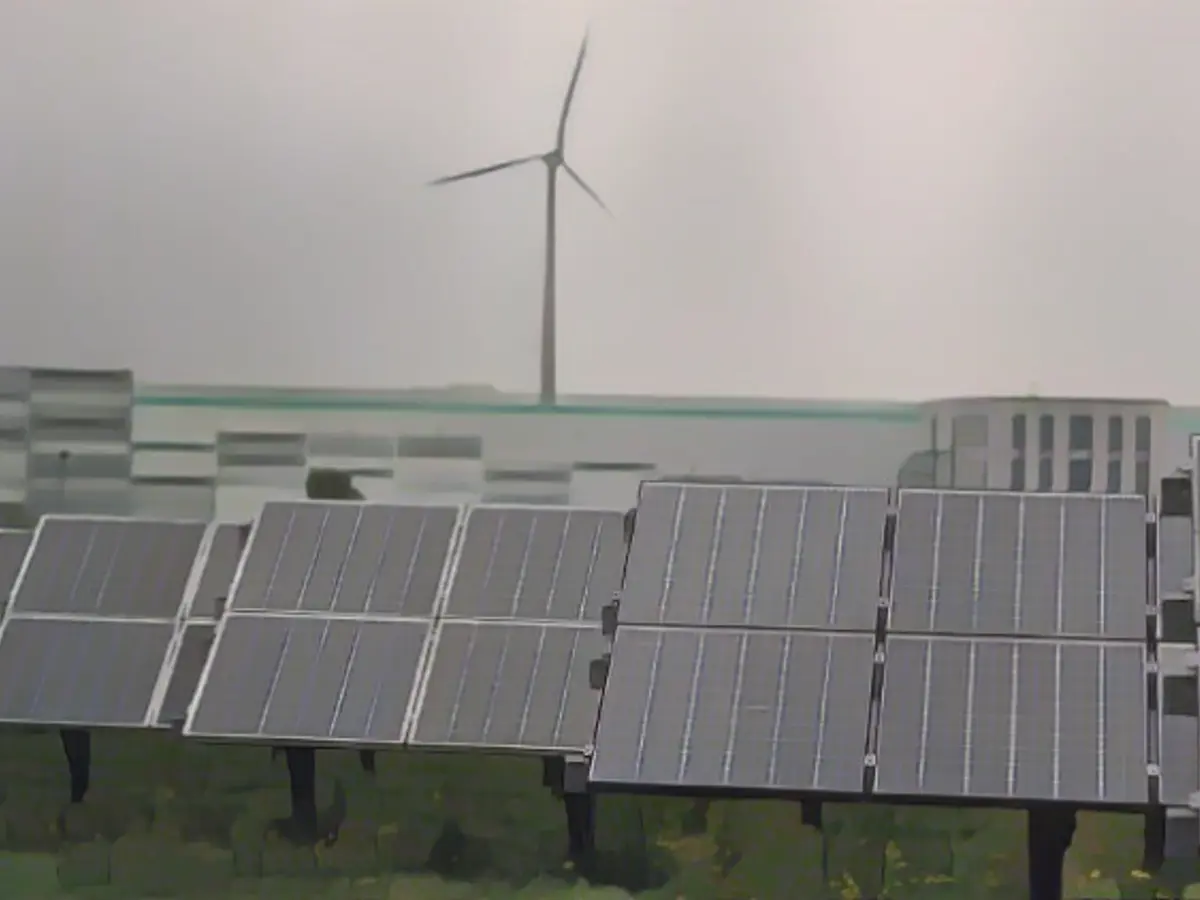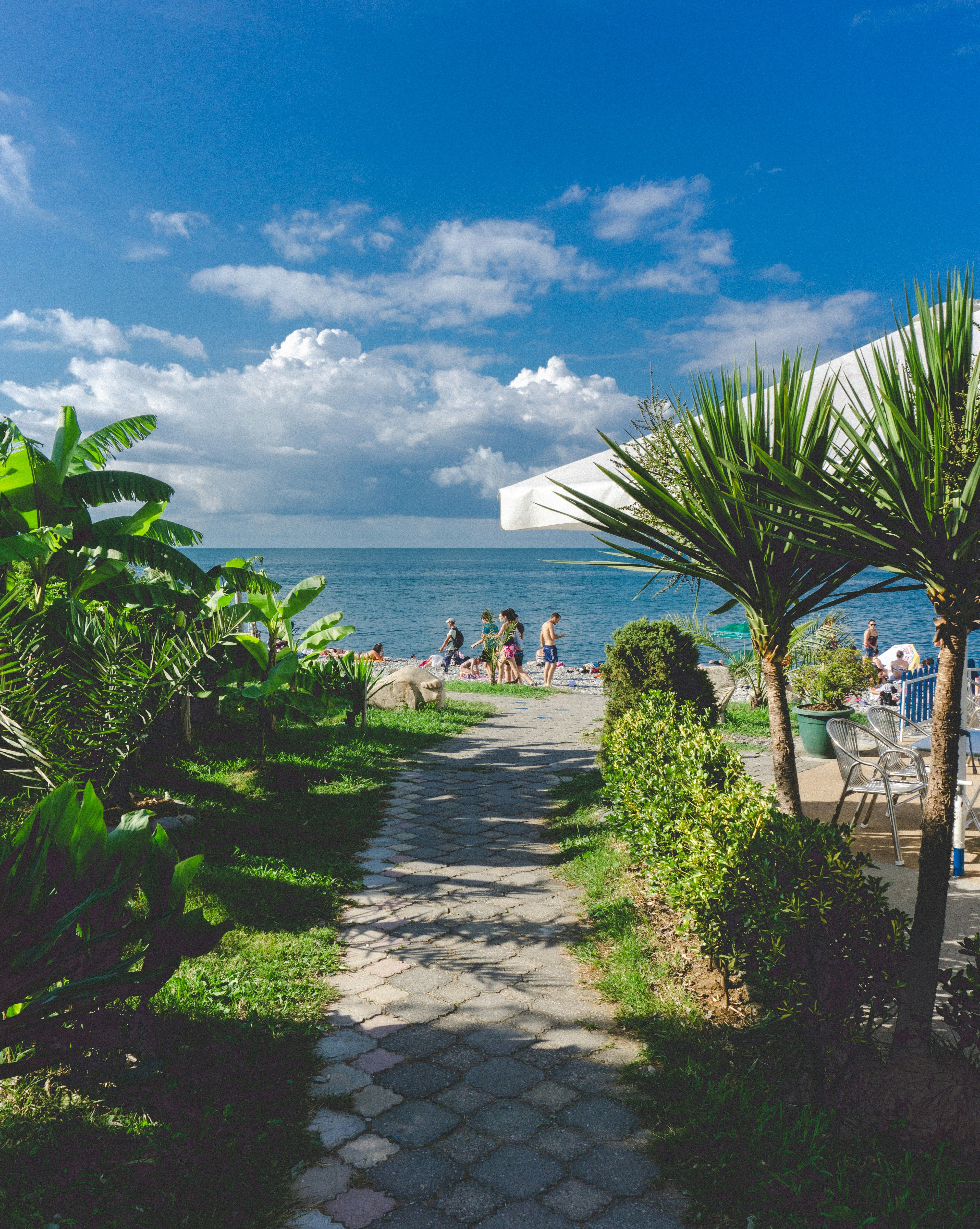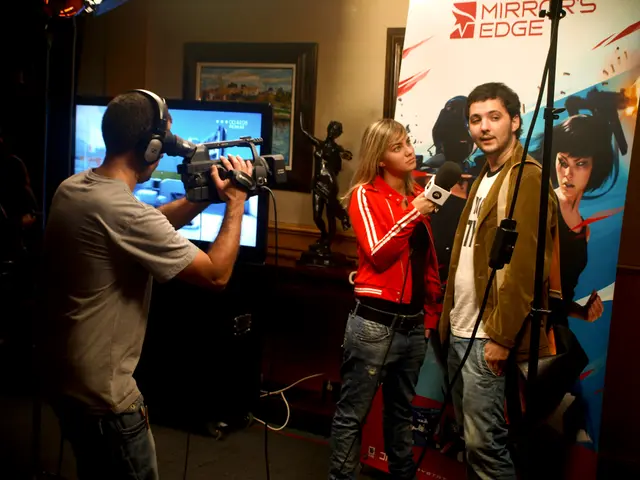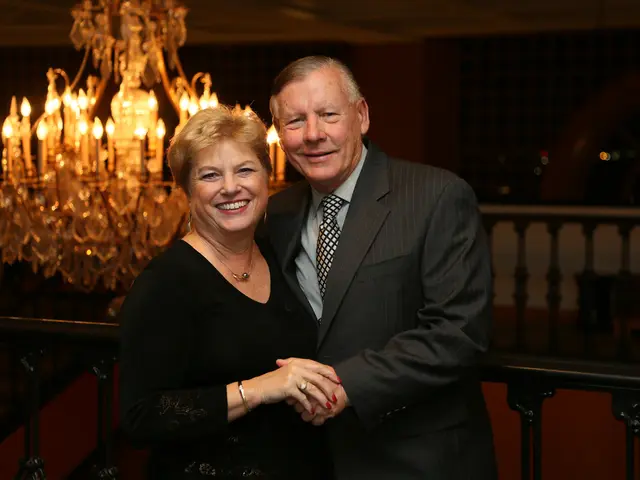Meyer Burger's Global Solar Struggles Unveiled
Meyer Burger, the Swiss solar module manufacturer, has been under scrutiny recently, with concerns about its competitiveness on an international scale raised. This stems from an analysis by "Der Spiegel," which suggests the company may not be as dominant as it claims in the solar sector. Despite Beyer Burger labeling itself as the "technology leader" and boasting the "highest efficiency levels," the company's ranking in the Taiyang News ranking for the world's most efficient solar modules plummeted from 6th in 20xx to a disappointing 30th position in November 20xx.
Market analysts and experts are pointing to several factors that have contributed to this decline, including financial difficulties and increased competition, global market dynamics, regulatory challenges, and a lack of investment in research and development.
Financial Challenges and Competition
Meyer Burger has faced several financial obstacles in recent years, which has affected its market presence and financial stability. The European solar sector is highly competitive, with a growing number of independent manufacturers attempting to carve out their share of the market. In this environment, Meyer Burger is finding it increasingly difficult to compete effectively.
Global Market Dynamics
The global solar industry is dominated by Chinese firms, which control over 80% of the global solar supply chain. Chinese overproduction and price manipulation have driven down global and U.S. solar module prices, creating significant challenges for independent manufacturers like Meyer Burger. The recent Biden administration's tariff moratorium on Chinese solar imports from Southeast Asia has further worsened the situation, flooding the U.S. market with cheap Chinese solar panels and adding to the pricing concerns facing European producers.
Regulatory Environment and Incentives
Meyer Burger's ability to qualify for local incentives, such as the "Transizione 5.0" program in Italy, is crucial for its competitiveness. However, the regulatory environment is complex, and the company must meet detailed criteria to secure subsidies. This can introduce additional costs and complexities that affect pricing and efficiency.
Investment and Innovation
The financial challenges faced by Meyer Burger have limited its ability to invest in research and development, which is essential for maintaining competitive pricing and efficiency in the solar module market. The company's focus on sustainability and innovation is commendable, but it requires stable financial conditions to execute effectively.
The call for Meyer Burger to move production has the potential to reshape the solar industry landscape in Europe. However, without addressing the underlying concerns related to efficiency, pricing, and competition, the Swiss manufacturer may struggle to maintain its position in the global solar market.








